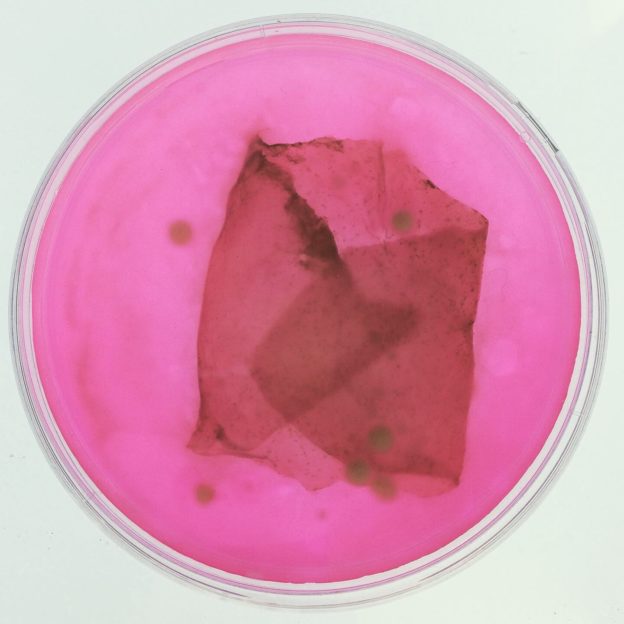Abstract: Artists and scientists as both maker-oriented thinkers open up approaches with more space for reflection and discussion when forming collaborations. How can these spaces, these hybrid laboratories, being created and sustained in and outside institutional contexts?
Prof. Raoul Frese, Hybrid Labs – artist AnneMarie Maes
Friday 25 October 2019, 10:00 – 17:00 hrs
Location: UvA Theatre, Nieuwe Doelenstraat 16
The Shadow of Knowledge // ARIAS Meet-Up
As a platform in between the arts, sciences and other social fields ARIAS searches to make place for research contexts in which the separate disciplines are not placed in binary oppositions but in entangled relations. Where and how become such hybrid ways of working, that can widen the scripts of how to do research, actually manifest?
As autumn falls, we invite our extended network – artists, researchers, and those interested in and engaged with transdisciplinary working forms – for a get together on the conditions needed for creating research contexts that make different and unforeseen ways of knowing possible.
In the morning we have practitioners whose research invites different forms of knowledge, share their experiences and ways of working. In the afternoon you can take a seat at their table, and get to delve deeper into the conditions, vocabularies and problematics of working across difference – and the (crucial?) role the ungraspable, imaginary, non-rational, neglected – or in other words: ‘shadow of knowledge’ might play in these practices.
This Meet-Up is organised in collaboration with SPUI25
Table Talks overview
1. Where to fix? Where to flood? – Ira Melkonyan – Theatre on stage
Controlling your environment might involve letting go of control. How can the concepts of fluidity and fixity become playful tools and/or helpful metaphors when negotiating conditions for a hybrid research context?
Moderation: Michael O’Connor – choreographer, Ph.D. candidate at VU on Embodied Lines: imagined, traced, perceived.
2. What Poetry Shows – Ilse van Rijn – Theatre, S.23
Specific uses of language can propose alternative logics, structures and states of affairs. What unforeseen understandings can poetry within the realm of art bring about for (institutional) thought?
Moderation: Joris Landman – graphic designer, co-founder of Studio Harris Blondman.
3. The Uses of Knowledge – Eliza Steinbock. Theatre 1.01
Where and when is an instrumentalist understanding of intersectionality needed in new museology or archival research, in the sense of being used to get something in particular accomplished, exposed, or articulated on a platform?
Moderation: Dr. Murat Aydemir – Associate Professor in Literary and Cultural Analysis (UvA), current research interest includes the intersection between queer and postcolonial studies.
4. Unreliable Narrators – Rosie Heinrich – Theatre, S.22
As narratives come together and fall apart, we learn, time and again, that we are all unreliable narrators. Thinking through ways of activating listening and finding ease in being with and tending to our tumultuous times of unknown.
Moderation: Suzanne Knip-Mooij – writer and lecturer in Theatre Studies (UvA), in her research she explores the notion of apophaticism: a practice and strategy of unknowing.
5. Collaboration as Contamination – Raoul Frese and Annemarie Maes, BG2 0.12
Artists and scientists as both maker-oriented thinkers open up approaches with more space for reflection and discussion when forming collaborations. How can these spaces, these hybrid laboratories, being created and sustained in and outside institutional contexts?
Moderation: Dr. Paula Alburquerque – coordinator of
6. What Does the Map Do? – Marlies Vermeulen/Dear Hunter, BG2 0.08
Situated in a mobile studio container dropped at Roeterseiland last week, Marlies brings to the table the practice of carto-pology (cartography/anthropology). Her discussion will deal with how to research dynamic environments, formulating insights on maps, in and for the local context.
Moderation: Dr. Jeroen Boomgaard – lector Art & Public Space (LAPS) of the Gerrit Rietveld Academy and Program Manager of ARIAS.
